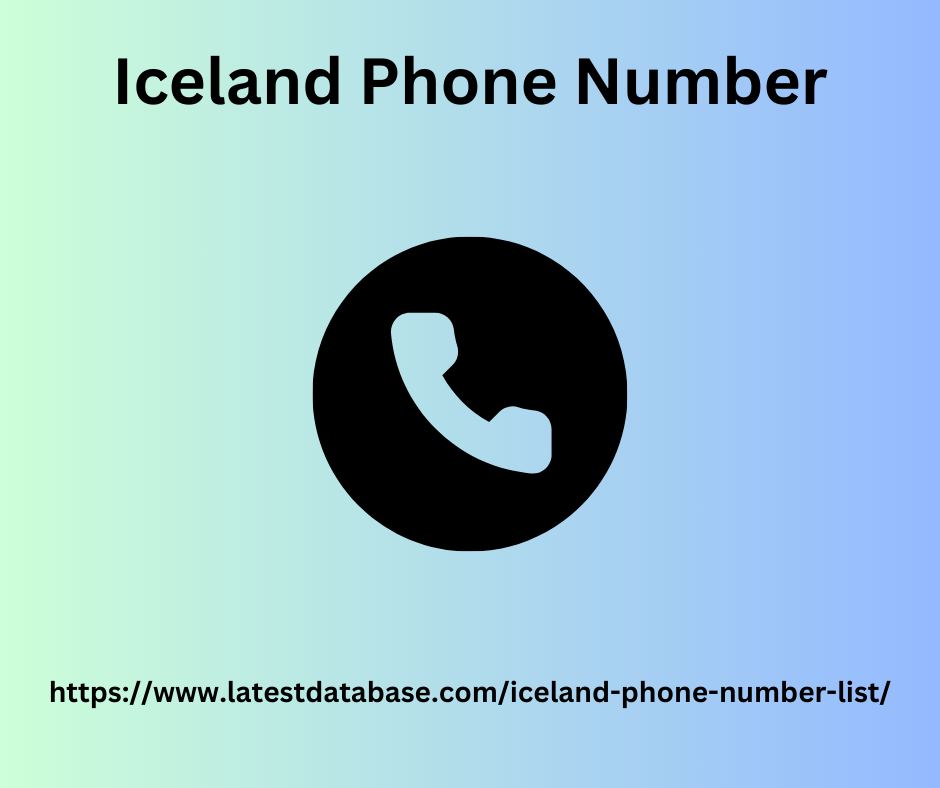|
|
Users can broadcast messages to the protocol by connecting to relays and signing the messages with their private keys.Subsequently, on Twitter, Facebook, and WeChat Moments, a group of "decentralization" believers began to excitedly share their Damus accounts - a string of incomprehensible codes, looking for like-minded people in the "new world" people.But this excitement only lasted for three days - on February 3, as to be removed from the Chinese app store, its topic gradually faded out of the technology circle.This reminds people that since Bitcoin became popular.
Decentralized products have emerged in endlessly; and the popularity of web3 in the past two years has also given birth to a number of decentralized applications, such as the decentralized organization Constitution DAO, The blockchain game Axie Infinity Iceland Phone Number and the first company in the Metaverse, Roblox, etc., and they all seemed to be extremely stunning when they appeared on the scene. After a short period of popularity, they were either abandoned by users or blocked by policies.

and fell silent. But even if it falls silent, the next product will shine again with a ray of light.01 Decentralization is immortalLet’s briefly talk about what Damus is.Many people call it "decentralized Twitter or Weibo." It is native to the decentralized social protocol "Nostr" (Notes and Other Stuff Transmitted by Relays, using relays to forward notes and other things). The core of the Nostr protocol is that anyone can run a relay.
|
|